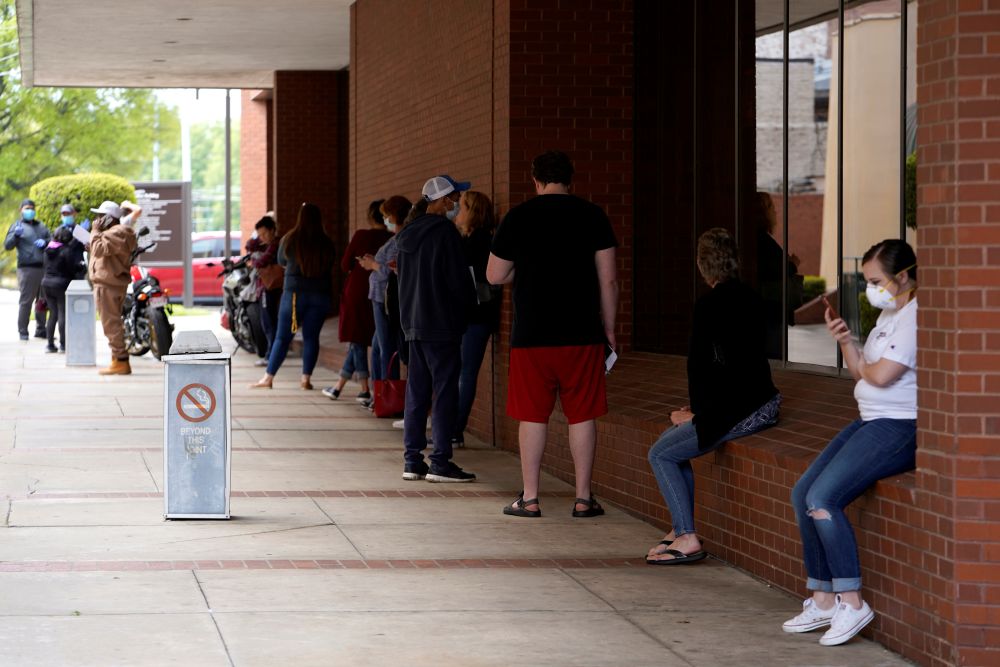NEW YORK, Dec 5 — Growing prospects for a US coronavirus relief package after a grim employment report helped boost demand for riskier assets yesterday, sending major stock benchmarks to new records and oil prices to their highest since March when widespread lockdowns aimed at curtailing the pandemic took effect.
US Treasury bonds, meanwhile, dipped in anticipation of increased borrowing to fund economic recovery measures.
The US economy added the fewest workers in six months in November, with nonfarm payrolls increasing by 245,000 jobs last month after rising by 610,000 in October, the Labour Department said yesterday. Economists polled by Reuters had forecast payrolls would increase by 469,000 jobs in November.
“It shows that the economy is still not on firm footing and we need stimulus. The revitalised conversations are important, and this shows that ultimately maybe a bad number will get the politicians to push forward a bit faster,” said Marvin Loh, senior global macro strategist at State Street Global Markets.
A bipartisan US$908 billion (RM3.6 trillion) coronavirus aid plan gained momentum in the US Congress on Thursday as conservative lawmakers expressed their support.
The hopes for a quicker passage of a stimulus bill helped push global stock benchmarks to record highs. MSCI’s gauge of stocks around the globe gained 0.71 per cent following mixed trading in Asia and modest gains in Europe.
On Wall Street, stock indexes reached fresh all-time highs. The Dow Jones Industrial Average rose 248.74 points, or 0.83 per cent, to 30,218.26, the S&P 500 gained 32.4 points, or 0.88 per cent, to 3,699.12 and the Nasdaq Composite added 87.05 points, or 0.7 per cent, to 12,464.23.
The euro touched its highest since April 2018 against the dollar before the greenback slightly rebounded. The dollar index rose 0.153 per cent, inching back from 2-1/2 year lows.
Benchmark US 10-year notes fell 16/32 in price to yield 0.9742 per cent, up from 0.921 per cent late on Thursday.
“November’s report is the weakest monthly jobs number of the pandemic rebound, and markets are clearly betting that today’s result will pull forward stimulus talks, necessitating greater supply,” said Guy LeBas, chief fixed income strategist at Janney Montgomery Scott.
German industrial orders rose more than expected on the month in October, data showed on Friday, raising hopes the manufacturing sector in Europe’s biggest economy started the fourth quarter on a solid footing during a resurgence of the pandemic.
Oil prices got an additional lift after Opec and Russia agreed to reduce their deep oil output cuts from January by 500,000 barrels per day.
The increase means the Organisation of the Petroleum Exporting Countries and Russia, a group known as Opec+, would move to cut production by 7.2 million barrels per day, or 7 per cent of global demand from January, compared with current cuts of 7.7 million barrels per day.
US crude rose 0.83 per cent to US$46.02 per barrel and Brent was at US$49.00, up 0.6 per cent on the day.
Spot gold dropped 0.3 per cent to US$1,835.46 an ounce. US gold futures fell 0.05 per cent to US$1,835.80 an ounce. — Reuters






















